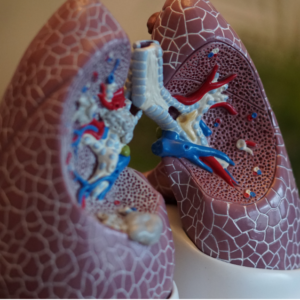
Plaintiff v. Nonprofit Mental Health Services Agency
Supreme Court, New York County
A 44-year-old woman living in a Manhattan building which housed a residential program for persons with a history of mental illness called down to the lobby from her apartment to seek assistance due to a fall. She was found on the floor and taken by ambulance to a local hospital where she was diagnosed with an ankle fracture. She underwent orthopedic surgery with placement of hardware to repair it. She later underwent surgery to remove the hardware. She brought an action against the nonprofit agency that owned the building and ran the program, alleging that the cause of her fall was a negligently installed or maintained door saddle separating the bathroom floor from the hallway. She contended that the saddle was too high and inherently dangerous. At the close of discovery, we moved for summary judgment, offering the affidavit of an engineering expert who concluded based upon a personal inspection that the saddle satisfied the requirements of the applicable NYC building code, and even met the more stringent standard applicable to apartments designated for persons with physical disabilities (although the plaintiff was not physically disabled, and her apartment was not one of the so-designated apartments in the building). In opposition, the plaintiff put forth the affidavit of an engineering expert who opined that, based upon his “50 years of engineering experience,” aspects of the saddle were inherently dangerous and caused the plaintiff’s accident and injuries. The court ruled in our favor on the basis that the saddle was in compliance with the applicable building codes, that the rules and statutes cited by the plaintiff and her expert were general safety standards merely requiring that multiple dwellings be maintained in “a safe condition,” and that plaintiff’s expert’s opinions about the saddle being unsafe were declaratory and conclusory, and not supported by actual evidence. The action was dismissed.



